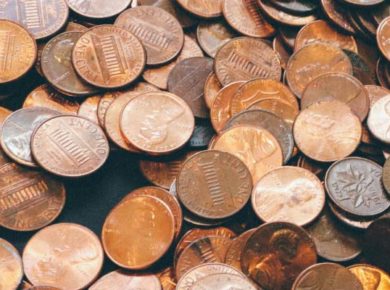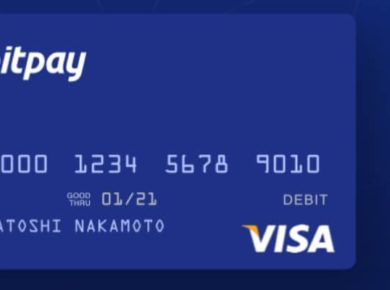Circle, the company behind US dollar-pegged stablecoin USDC, released its sixth audit report, which was signed by the leading auditor firm Grant Thornton. The “attestation report” states that the Goldman-funded startup has sufficient capital to back each individual token on a 1:1 basis.
According to the report published today, 246,586,876 USDC tokens were issued and outstanding on March 31, 2019, while the company holds $246,590,714 in deposits. The firm then concluded that Circle’s assets show an excess of $3,838 in fiat reserves.
Discover Barcelona Trading Conference – A Top Tier Crypto Trading Event
Compared to previous reports, the figure nearly doubled from $127 million in November 2018 but was down 21 percent from $307 million reported earlier in January’s report.
The lack of a clear audit of reserves in the crypto ecosystem has caused much discussion and controversy, particularly with regards to so-called stablecoins since they effectively act as a custodian for exchanges that are not provided traditional banking services.
Tether concedes its dominance
Onboarding a major accounting firm that can be held accountable by third parties for financial information to engage in an audit of a crypto token is also a notable success for Circle’s initiative. The move is important due to nagging questions around Tether’s major stablecoin, which has been dogged by speculation that it holds insufficient capital to support its over $2.6 billion market cap of USDT.
USDC has widened its percentage of total stablecoin supply in circulation to nearly 10 percent. The gains come as Tether conceded its dominance to other alternatives including Circle’s coin, Paxos Standard, and the Gemini Dollar. The most controversial cryptocurrency saw its market share falling to below 70 percent in March, compared with over 95 percent earlier in December 2018. At the beginning of 2018, the coin had control over the entire stablecoin ecosystem.
Coinbase has also boosted USDC dominance by making it the only way to convert fiat to crypto without fees on its institutional platform, Coinbase Pro.











